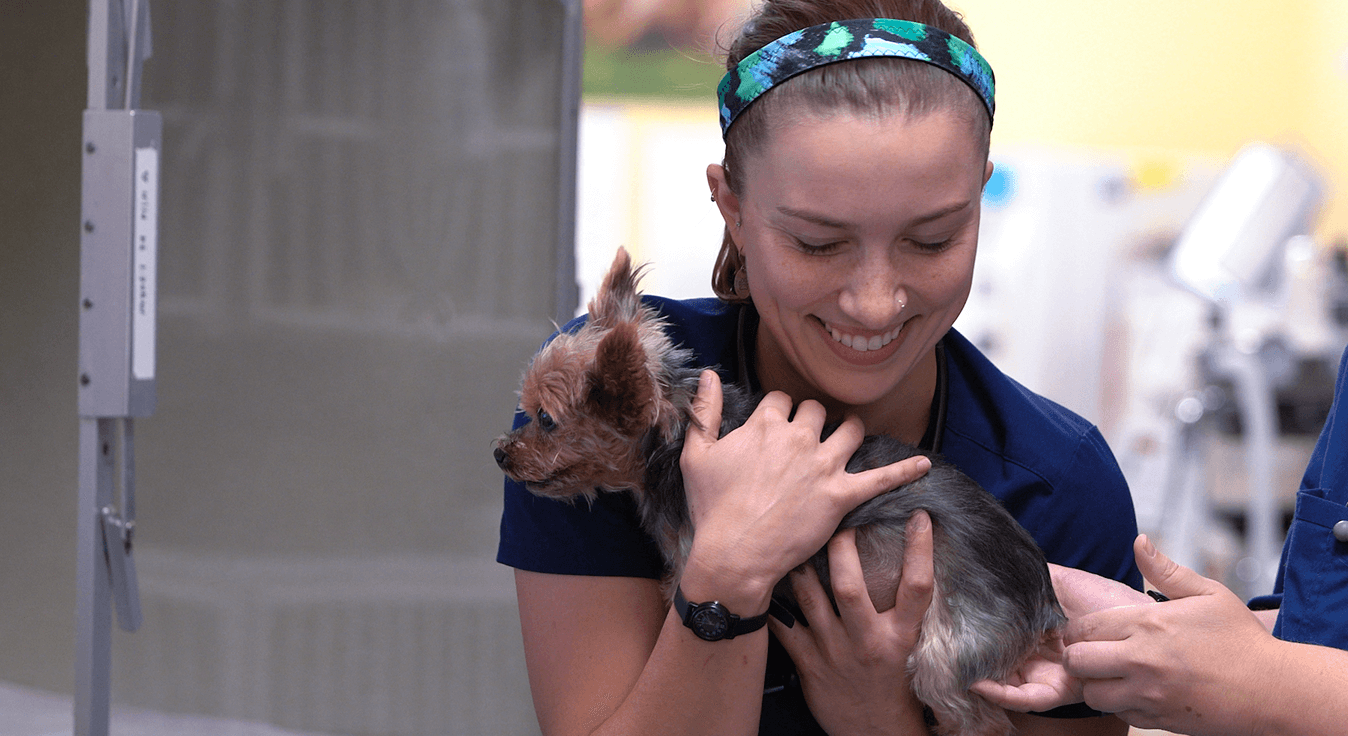Dr. Peter Bowie is a people’s person, passionate about the place he lives in and the community around him. He’s also living out his childhood dream, running the Pet Emergency & Specialty Center of Marin, in California. While he never knows what will come through the door next, “if it walks and you can carry it in,” he’ll see it. We caught up with Dr. Bowie on how ezyVet helps manage his fast-paced emergency practice, helping with referrals from colleagues and getting information to and from other institutions.
When did you know you wanted to be a vet, Peter?
By the time I was in third grade, I knew I wanted to be a veterinarian. All through school, I took any chance that came my way to learn about veterinary medicine, and boy I did love it! Somewhere along the line I drifted away from it and got into Mohr science. By the time I arrived at college, pure science was my gig. I found I lacked the attention span necessary for the more long-term scientific studies. I also enjoyed taking care of the animals we were working with, so I thought “maybe I could apply the scientific method on animal cases?” That finally turned me back towards veterinary medicine.
What is it like running an emergency and specialty veterinary hospital?
One of the great things about emergency medicine is that you never know what’s going to walk in that door, so you have to be pretty good at everything. Luckily, you get a lot of practice in a very short time when you’re on the emergency shift. Most days we’ll have six horses come in, a couple of dogs, two cats and another four chickens. I just saw a 9.5-year-old one, which is very old for a hen. About half of our businesses is emergency and urgent care, which is an incredibly diverse set of cases. But then again, we have surgeons, oncologists, ophthalmologists and internal medicine specialists in-house. We have all bases covered!
It must be stressful stuff at times – How do you cope with the stress of emergency work?
I really think that to last as a vet, and do your best work, you do have to pay attention to your growth and take care of both yourself and those around you. One of the hardest things in medicine of all types is accepting the idea that we’re just human. Things aren’t perfect all the time and at times we just need to move on if we want to be of help to our animals.
That’s why it’s vital you find a good balance outside of work. For me, that means having a ‘sanctuary’ where I can release stress – a nice home where I can garden, wine-taste and cook. That’s always been very important to me. I also hit the trail with the family, either on foot or on the bikes. The outdoors is the place where I absolutely feel most at home. We’re really lucky in California to have mountains, beaches, lots of woods, the most magnificent redwoods in the world, all right here. All this helps my work too, as I gain a broad enough perspective to bond with people and build trust, which is so important in the emergency room.
In this sense, one my favorite aspects of ezyVet’s software is its portability. I have relatively young children and I used to struggle to see them before bedtime when working a full day’s shift. Now I can have dinner with them and then finish up my records after they go to bed. I can do it right from the comfort of my own home and I love it!
